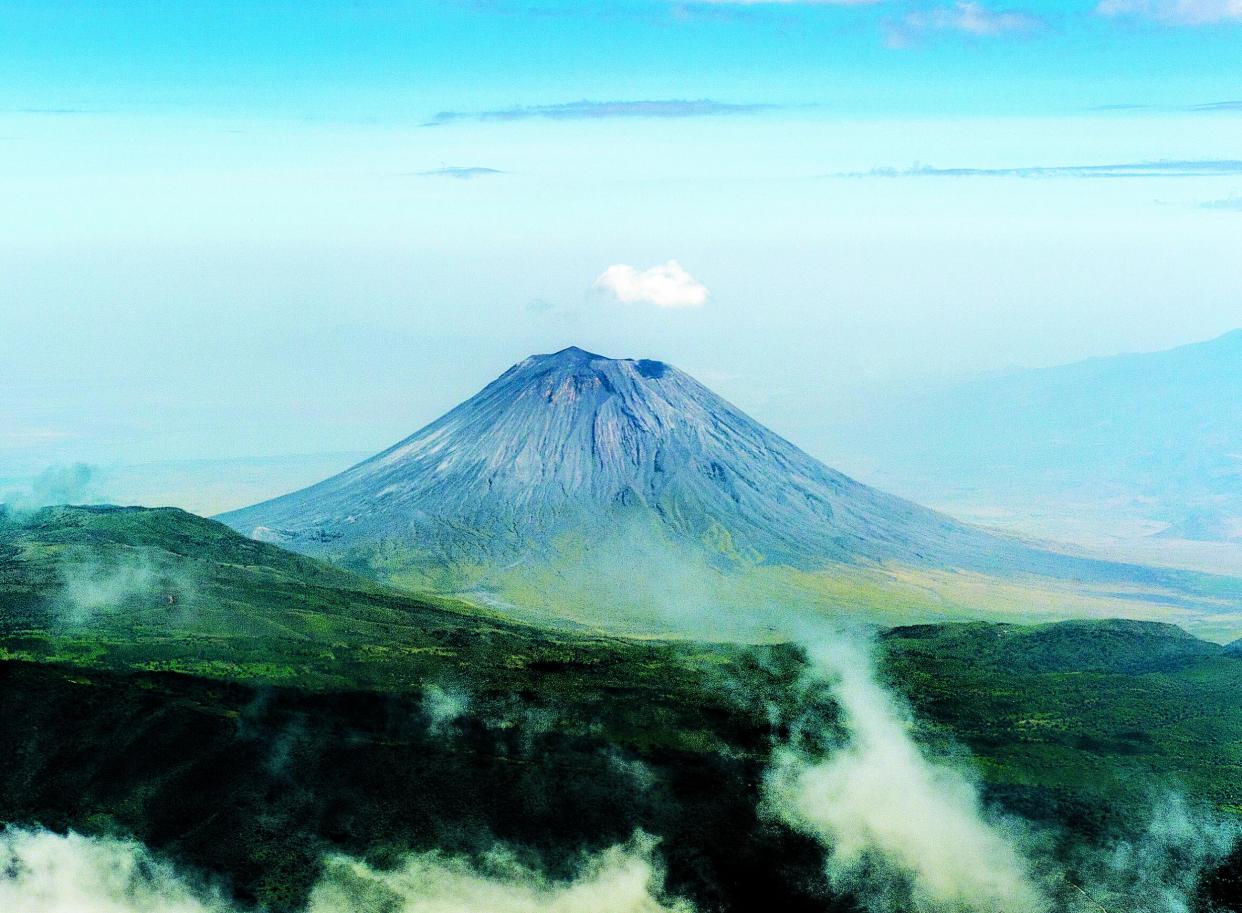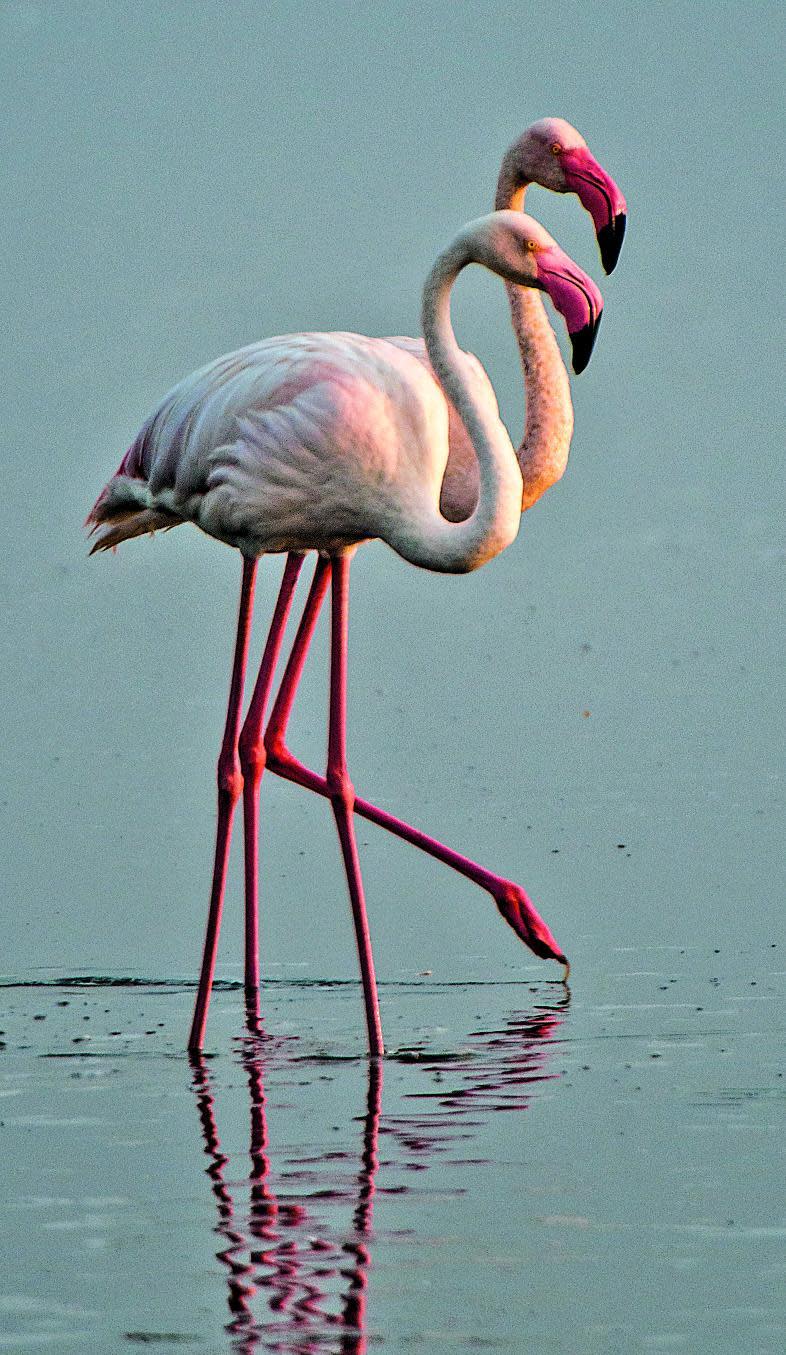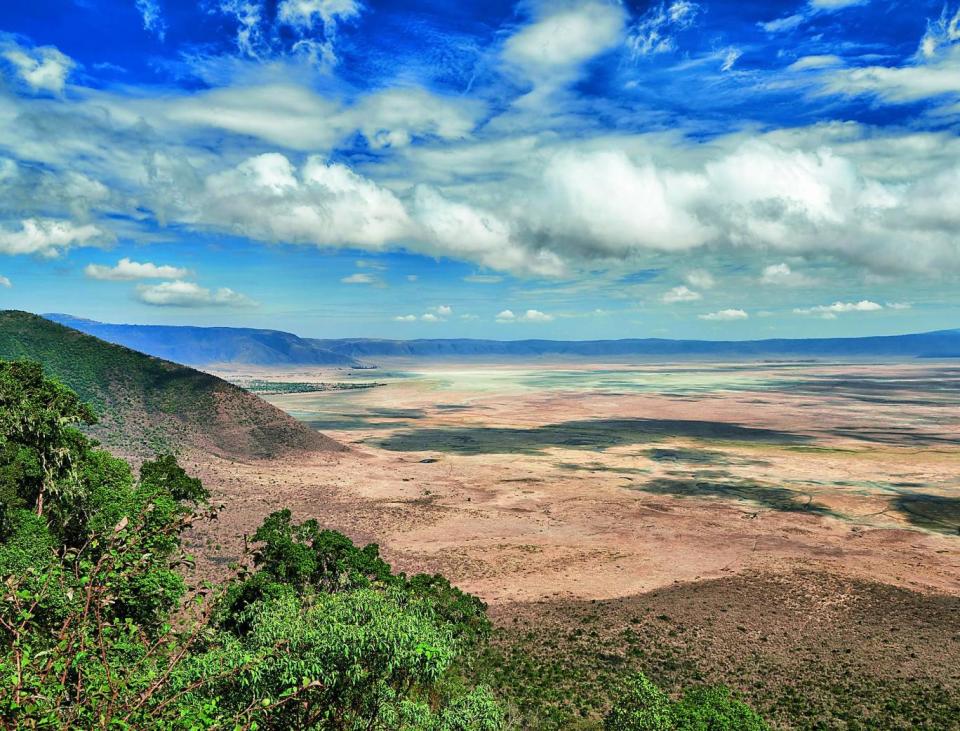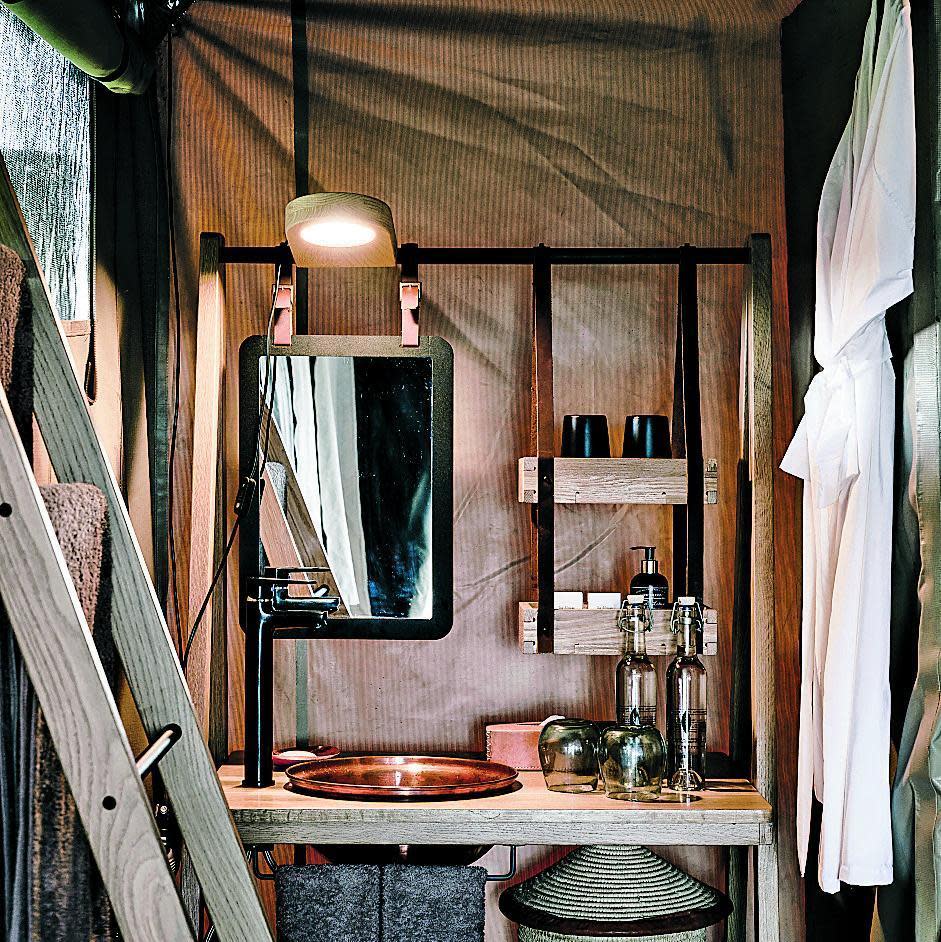Tanzania’s luxury Sanctuary Kichakani movable safari camp is never far from the action

Day two of our safari in Tanzania’s Serengeti National Park and there they were: six lionesses dozing in the branches of a kigelia, or ‘sausage tree’.
Our brilliant guide, Dilbert, parked close enough for us to watch, hypnotised, their rapid panting the skitter of their restless muscles and the taut bellies that suggested that (phew) they’d recently fed. A little further down the track, on one of the vast volcanic boulders flung out from the lush Ngorongoro Crater when it was active, we found their mates. Three massive adult males, raw-boned and large-maned, basked in the sunshine on a rock as big as a hill.
You don’t always strike it rich with game sightings on safari. In Tanzania we found an embarrassment of riches. Scores of hippos jostling, spouting and bellowing in the bend of a river (they might even have been mating, though it’s hard to tell with hippos). Hundreds of wildebeests and zebras nibbling grass on a vast plain, or strung out in thundering lines beneath the horizon. The bird life — the bright flash of lilac-breasted rollers and lovebirds, the arrogant unconcern of eagles wheeling above the treetops — was worth the trip alone. We became almost blasé to the variety of deer we saw.

The abundance extended to Sanctuary Kichakani, where we were staying. Kichakani is a new mobile camp from Sanctuary Retreats that shifts location three times a year to follow the great migration of wildebeests and other herbivores from the south and east to the west of the Serengeti. If this sounds like we were roughing it, set your mind at rest. The stylishly outfitted tents are bigger than the average London one-bedroom flat, with polished wooden floors and modern furniture in metal and wood, laced with webbing and straps to evoke old-school caravanserai adventures. Best of all, there are plumbed-in basins and loos.
When we wanted a proper wash — and believe me, after an eight-hour game drive, you do — our tent steward, Rama, would warm up water and fill the outside tank connected to the bucket shower inside. Our front terrace had a view over a bend in a shallow river, home to another haw-haw-hawing hippo whom we heard at night, and also a shaving stand. It is a joyful pleasure to shave in the open air as the African sun sets over your shoulder.

Most meals were served in a vast dining tent adorned with chandeliers made of old aluminium torches, which we desperately wanted to take home. The fare was sophisticated despite the camp’s remoteness: chilled avocado soup, wonderful barbecued Tanzanian beef, jewelled salads, all washed down with refreshing local beer and surprisingly decent Tanzanian wine. But undoubtedly our favourite repast was a picnic next to a boulder called Gong Rock (it chimes when struck) on top of a volcanic hillock, the view stretching for miles. On the way back, Dilbert showed us rock paintings left by Masai warriors.
Our fellow guests, when they finally arrived at Kichakani, were cordial but circumspect. Everyone kept largely to themselves apart from the final night when we all clapped as the entire camp staff — apart from the guides, who remained slightly apart and aloof — danced through the dining room, singing. We also felt lucky that it was just me and my wife in our open-sided Toyota Land Cruiser with Dilbert, on the rare occasions we passed other, air-conditioned vehicles with several families packed up against the windows. Powerful insect repellent was a must, however, as Tanzanian tsetse flies can bite through denim, as are warm layers: the Serengeti at dawn is surprisingly cold. At one stage, we got a puncture next to a lake skimmed by flamingos. Once the low growl of the engine ceased, and before Dilbert started ratcheting the huge car up on its axle, the silence was profound.

I’ve never felt anything like the calm and stillness of being in this huge, open landscape and then suddenly seeing game up close. Serengeti means ‘endless plains’ and it covers about 30,000km sq so the scenery varies widely between hills, plains, parched grassland and lush woods. There were so many unique encounters: a leopardess and her cub up a tree, a family of dwarf mongooses — mongeese? — crossing the road, the clack as rival okapis butted horns. We saw dozens of buffalos, scores of giraffes and elephants, even a distant rhino.
Dilbert kept apologising that he couldn’t find me a cheetah. Never mind. That’s a good reason to go back.
Nick Curtis travelled with Sanctuary Retreats and Abercrombie & Kent, which offers three nights at Sanctuary Kichakani Serengeti Camp from £2,360pp, including flights, taxes, park fees, all meals, drinks and twice daily game-viewing (012 4254 7702; abercrombiekent.co.uk)

 Yahoo News
Yahoo News 
